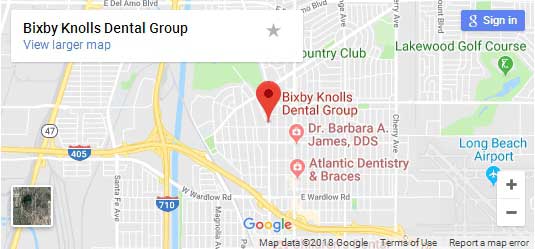
This is What Happens If You Don’t Get Wisdom Teeth Removed
Wisdom teeth may require removal for many reasons, including pain, infection, or growth issues.
While not all patients need their wisdom tooth removed, problems can develop if removal is not performed.
Wisdom teeth, the third molars in the back of your mouth, may not need to be removed if they are:
- Healthy
- Grown in completely (fully erupted)
- Positioned correctly and biting properly with their opposing teeth
- Able to be cleaned as part of daily hygiene practices
Many times, however, wisdom teeth don’t have room to grow properly and can cause problems.
Erupting wisdom teeth can grow at various angles in the jaw, sometimes even horizontally.
Problems can include wisdom teeth that:
- Remain completely hidden within the gums. If they aren’t able to emerge normally, wisdom teeth become trapped (impacted) within your jaw. Sometimes this can result in infection or can cause a cyst that can damage other teeth roots or bone support.
- Emerge partially through the gums. Because this area is hard to see and clean, wisdom teeth that partially emerge create a passageway that can become a magnet for bacteria that cause gum disease and oral infection.
- Crowd nearby teeth. If wisdom teeth don’t have enough room to come in properly, they may crowd or damage nearby teeth
Overcrowding
Many patients have smaller mouths and jaws, which do not allow room for the third molars to grow in properly. If these teeth do erupt, overcrowding can occur.
Your teeth will begin to shift or overlap each other.
Wisdom teeth that erupt after orthodontic care are completed can cause the teeth to shift and negate the work performed.
Impacted Wisdom Teeth
When wisdom teeth are impacted, they are trapped below your gum line.
Impacted wisdom teeth can be very painful and may be prone to abscess and infection. The impaction can lead to decay and resorption of healthy teeth.
On occasion, if wisdom teeth are not monitored properly, their growth can shift parallel to the jawline.
They can also shift backward and eventually interfere with the opening and closing of your jaw.
Greater Potential for Decay
Even when wisdom teeth grow in properly, the location can make the teeth harder to care for. This, in turn, can lead to the growth of more bacteria, and create health issues later in life.
If you do not have your wisdom teeth removed, they will require continued monitoring.
Wisdom teeth are just as subject to decay and other problems as the rest of your teeth.
Those that appear above the gum surface can often be extracted at a dental office in a fashion similar to any other tooth extraction. Impacted teeth are normally handled by an oral surgeon.
According to the American Dental Association, wisdom teeth removal may be necessary if you experience changes in the area of those teeth, such as:
- Pain
- Repeated infection of soft tissue behind the lower last tooth
- Fluid-filled sacs (cysts)
- Tumors
- Damage to nearby teeth
- Gum disease
- Extensive tooth decay
If you need to have your wisdom teeth removed, schedule an appointment at Bixby Knolls Dental. Make sure you get your regular teeth cleaning every six months.





 Bixby Knolls Dental Group
Bixby Knolls Dental Group


